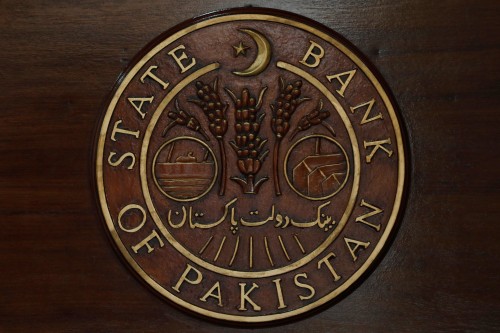By Promit Mukherjee and Fergal Smith
OTTAWA (Reuters) – The Bank of Canada is shifting its focus to boosting the economy rather than suppressing inflation, which raises prospects of further interest rate cuts in the coming months, analysts say.
The Canadian central bank lowered its benchmark rate for a second straight month on Wednesday, cutting by 25 basis points to 4.50%. It said downside risks to inflation are taking on increased weight in its deliberations.
Investors see a roughly 60% chance the BoC will ease again at its next policy meeting in September. Investors are pricing in 44 basis points of easing in total by the end of the year, which implies a policy rate 6 basis points below previous expectations.
A faster pace of rate cuts would provide relief for heavily indebted Canadian households. It could also increase pressure on the Canadian dollar, which weakened on Thursday to a three-month low of 1.3848 per U.S. dollar, or 72.21 U.S. cents.
“There is a pivot that has taken place with the BoC shifting its focus away from the inflation fight, which has been won, to economic support, which is much more necessary,” said Philip Petursson, chief investment strategist at IG Wealth Management.
Canada’s GDP has grown in recent quarters at less than the 2.25% pace the BoC estimates as its potential, with first-quarter growth at 1.7%.
The slower GDP growth raises excess supply in the economy, cooling inflation, which was 2.7% in June. But too much slack in the economy could slow inflation more than the bank would like.
“We are determined to get inflation back to 2%, but we also don’t want to weaken the economy too much and have inflation go below our 2% target,” Governor Tiff Macklem told reporters after the rate-cut decision.
While high interest rates have not tipped Canada into recession, economists have said the growth has been largely driven by a big increase in the population.
Macklem said on Wednesday the bank was not only looking at overall economic growth, but also at GDP per capita, which has fallen for four straight quarters.
The rising population has contributed to a jump in the unemployment rate to a 29-month high of 6.4% last month, which has also been a concern for the bank. And a wave of mortgages is set to renew at higher borrowing costs over the coming year, which could further restrain economic activity.
“The BoC was about as dovish as possible,” Jason Daw and Simon Deeley, strategists at RBC Dominion Securities Inc, said in a note.
“With only one inflation report before the next meeting, the bar to them not cutting is very high,” the strategists said.
(Reporting by Promit Mukherjee and Fergal Smith; Additional reporting by Nivedita Balu; Editing by Leslie Adler)



